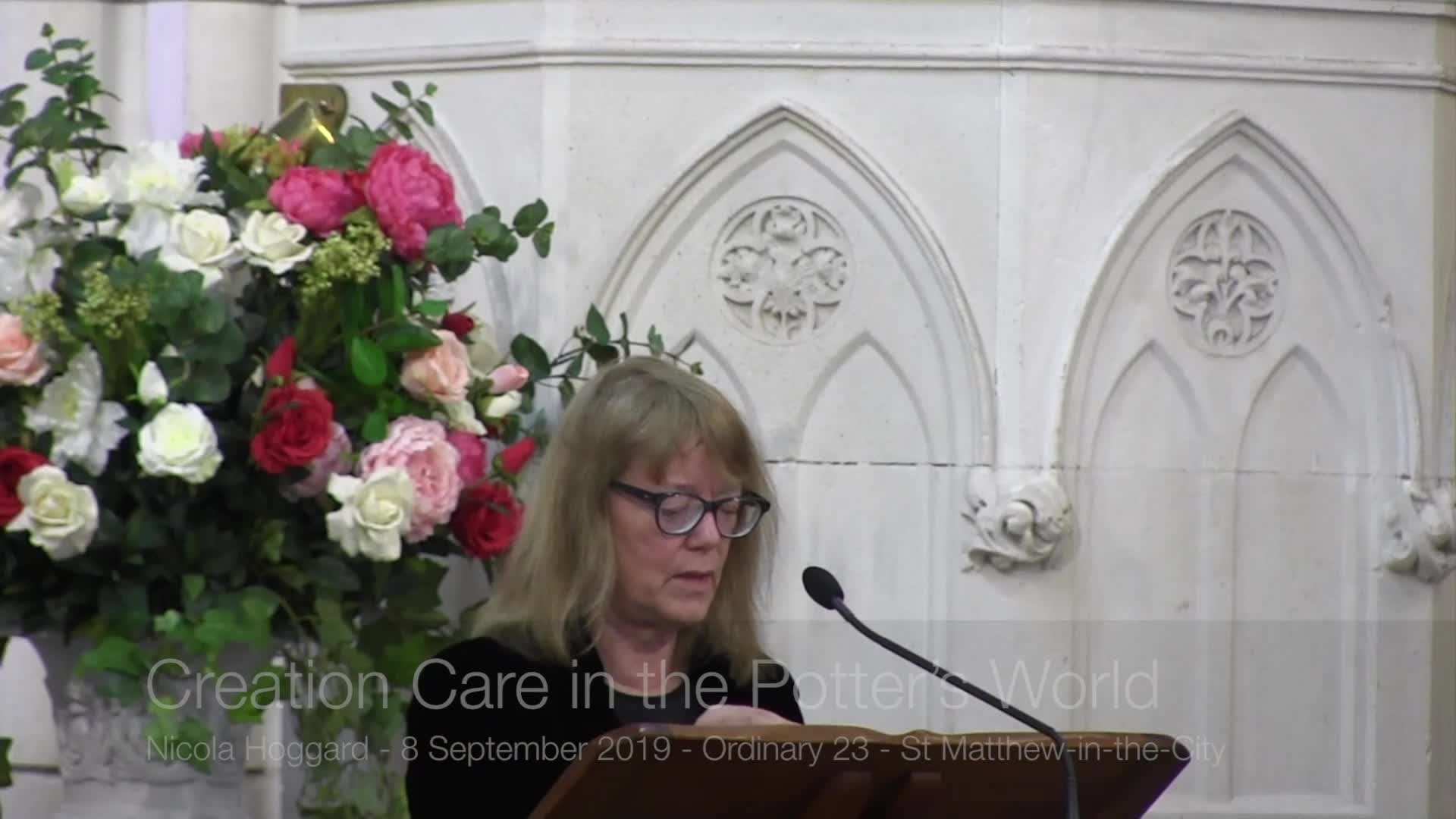
Home
Engagement
From despondency to action and hope
Dr Richard Milne, parishioner, speaks in the 2019 Season of creation and explores how we can not be frozen by despondency but take action in a hopeful way


Agents for Life
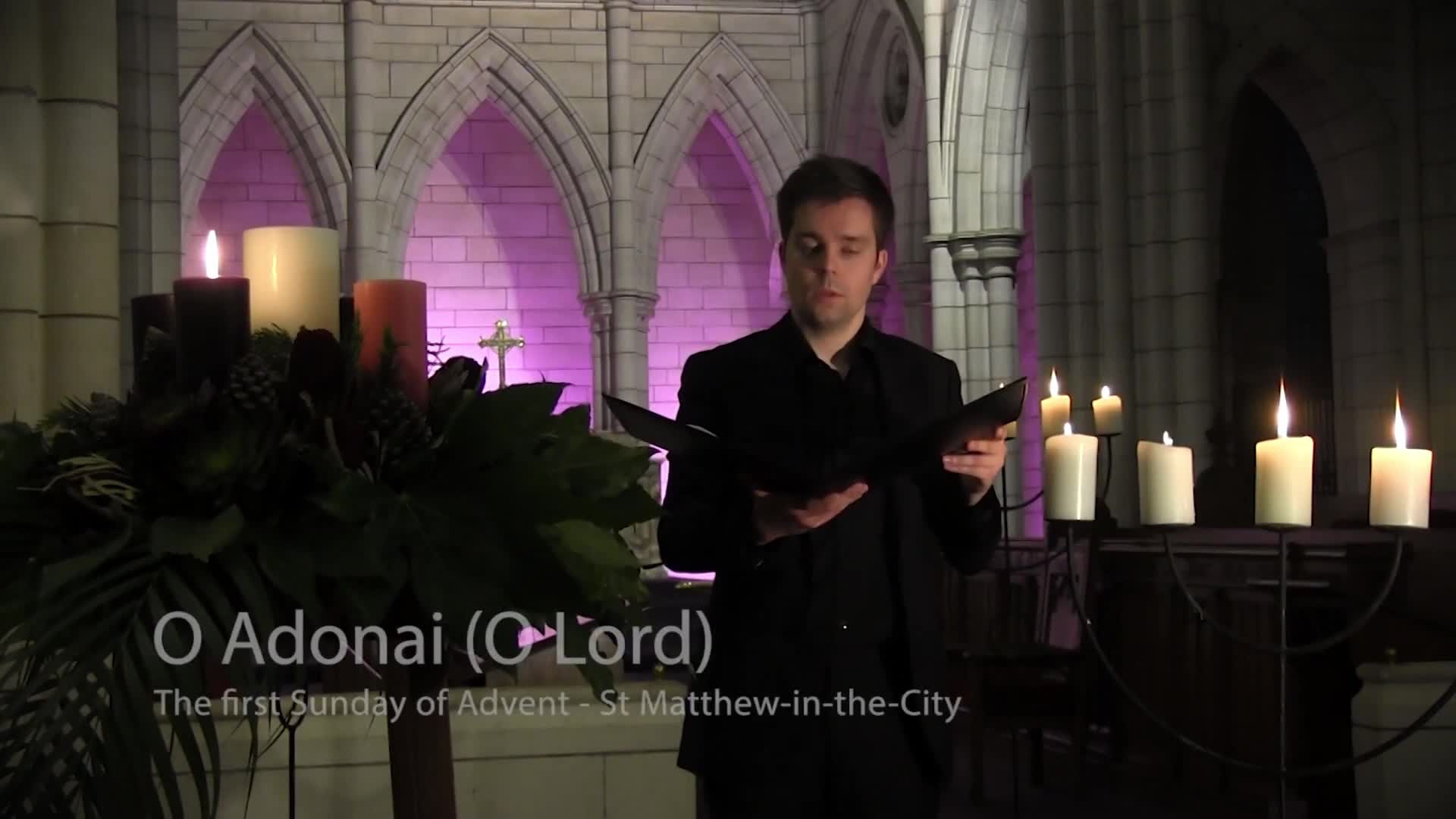
The Great O Antiphons: O Sapientia, O Adonai

The 2021 Christmas special
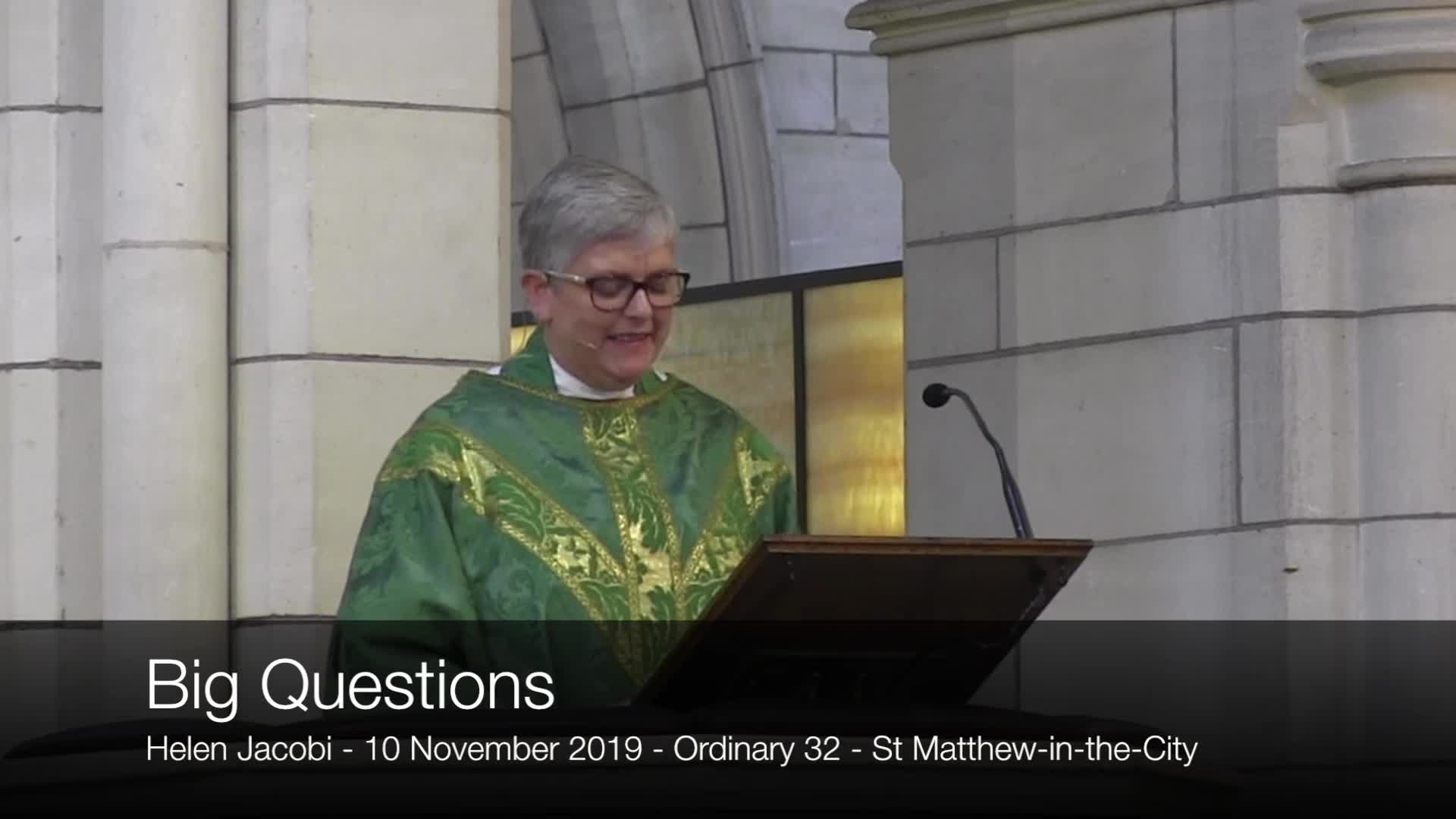
Big questions
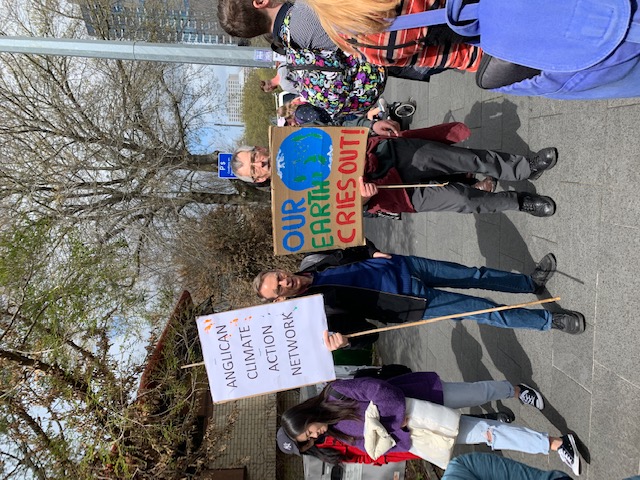
Climate Crisis Statement
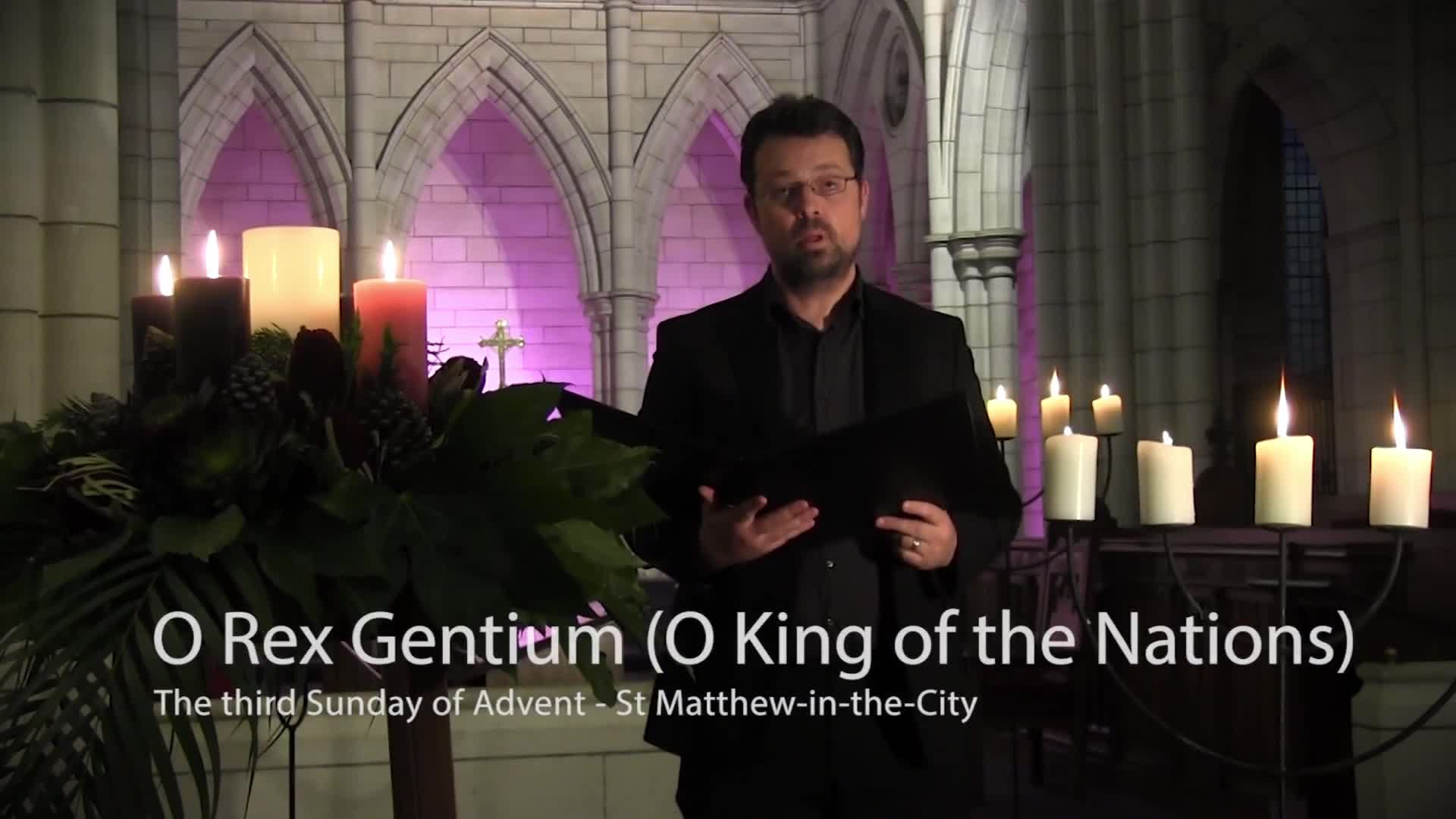
The Great O Antiphons: O Oriens, O Rex Gentium

From despondency to action and hope
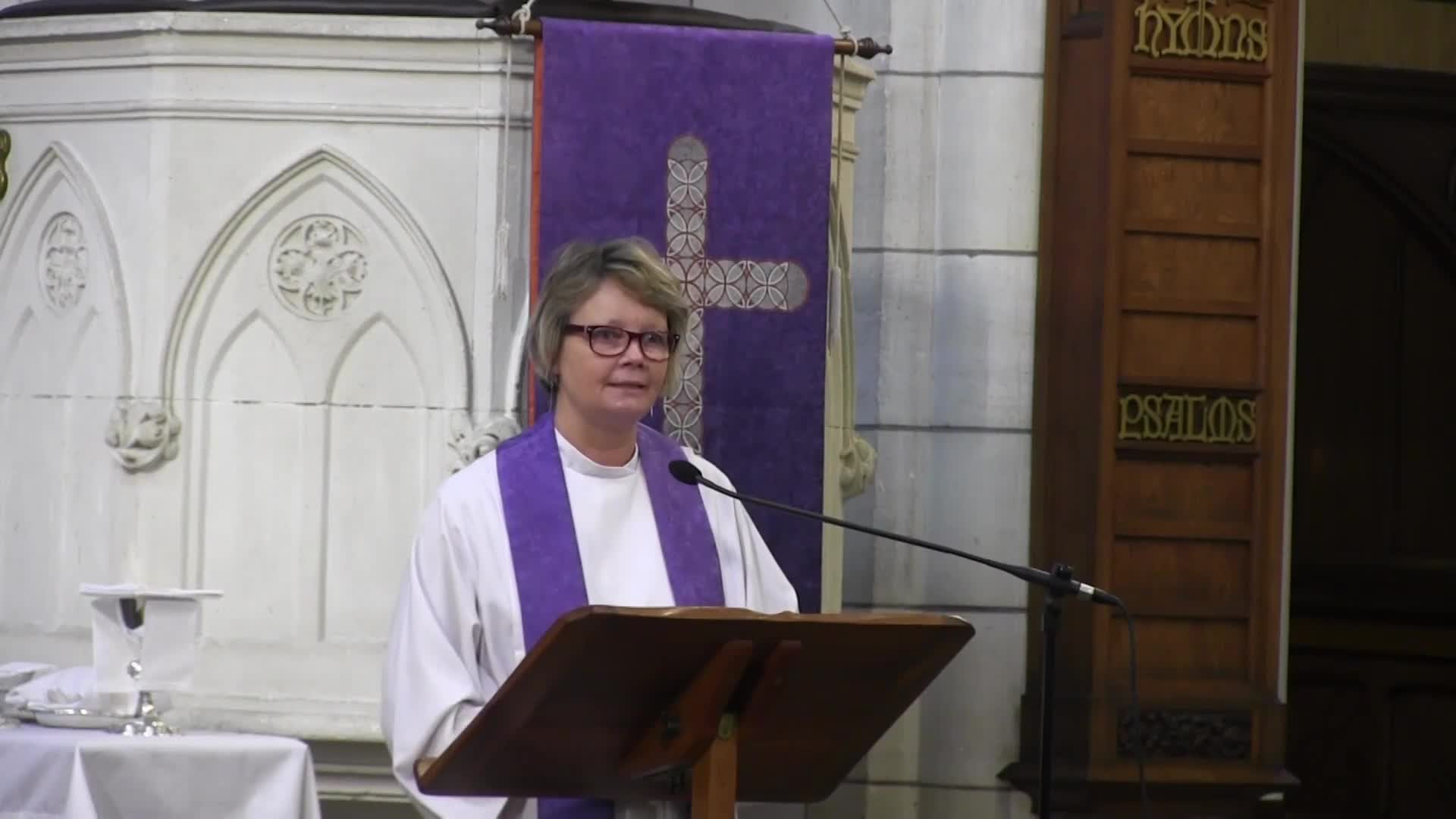
Prodigal Grace
